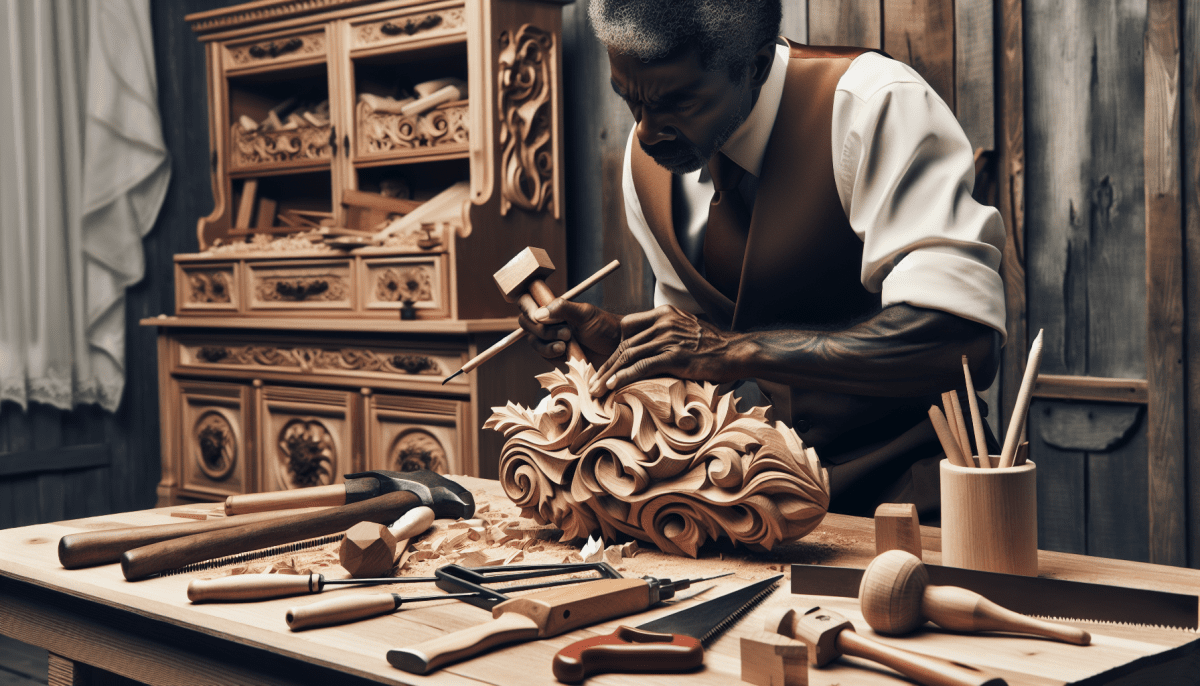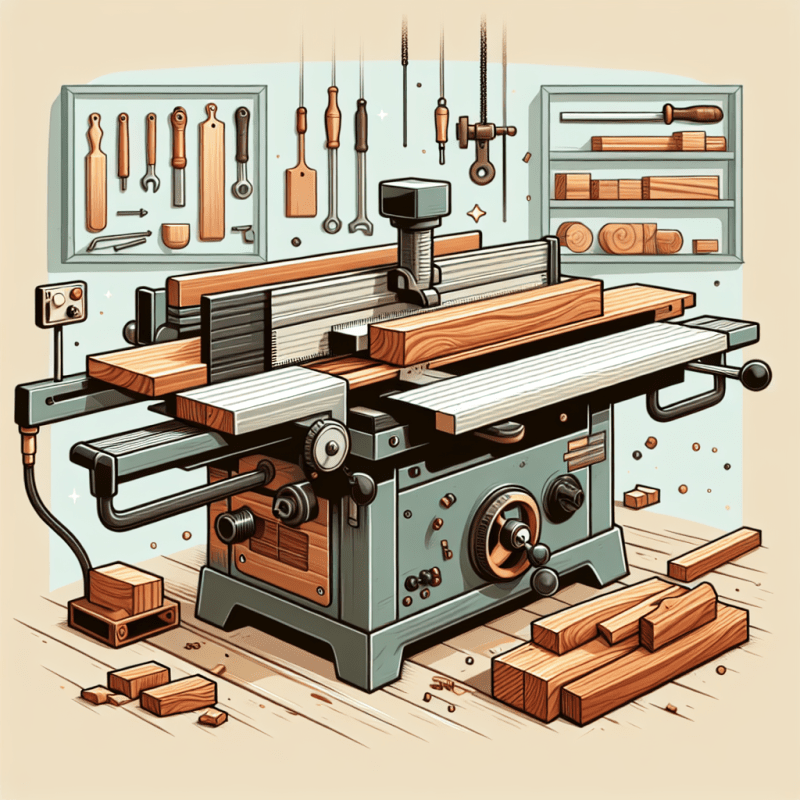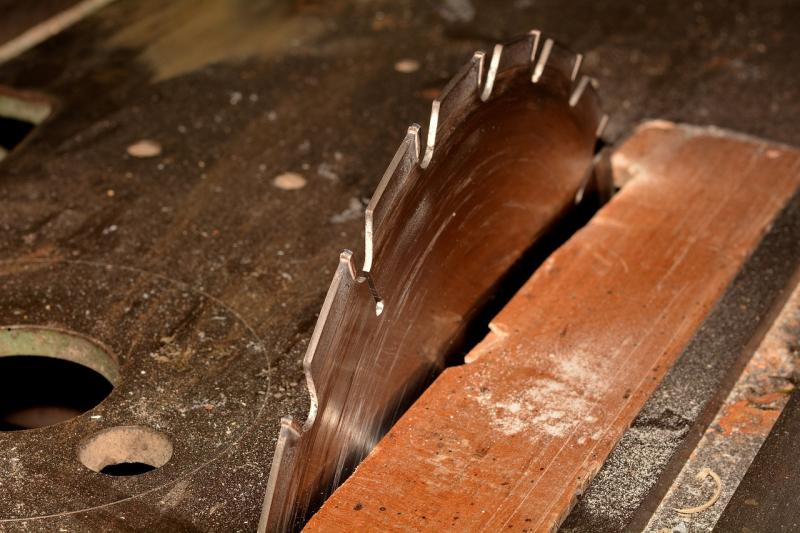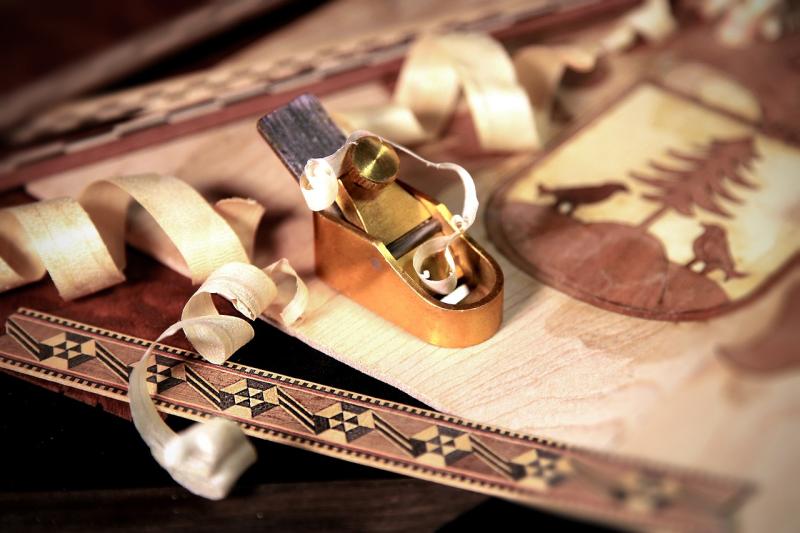Getting started with woodworking doesn't have to be overwhelming. All you need are a few basic tools to kick things off. Once you've got these essentials, you'll feel more confident diving into your first project!
Here’s a quick list of the must-have tools for beginners:
Once you have your tools, give yourself permission to make mistakes. Every expert was once a beginner, and each mistake is just a step toward mastering your skills. Start with small projects, like building a basic shelf or crafting a simple birdhouse. This way, you can practice techniques without feeling overwhelmed.
Remember, you don’t need every tool in the store to begin. Just focus on these basics, and as you get more comfortable, you'll naturally discover what additional tools you might need for your next challenges. Happy woodworking!
Simple Techniques for Beginners
Getting started with woodworking can feel a bit overwhelming, but it doesn’t have to be! There are some simple techniques that anyone can pick up, even if you’ve never held a tool before. Let’s dive into a few basics that can help you feel more comfortable and confident in your new hobby.
First up is the importance of safety. Always wear safety goggles when cutting or sanding wood. A simple pair of gloves can also protect your hands from splinters. Remember, taking a few precautions means you can focus more on having fun with your projects!
Next, familiarize yourself with the essential tools. You don’t need a huge workshop to get started—just a few basic tools will do. A circular saw, hand saw, a good set of chisels, and a drill are enough for most beginner projects. Get to know each tool and how to use it safely. YouTube is full of great tutorials that can walk you through how to handle each piece.
Once you feel comfortable with your tools, practice measuring and marking your wood. Use a square for straight lines and a measuring tape for accuracy. This might seem boring at first, but trust me, getting this part right can save you a ton of time and frustration later on!
Finally, start with small projects. Think about simple items like a bird feeder, a small shelf, or even a cutting board. These projects will give you a chance to practice your skills without feeling overwhelmed. Plus, there’s nothing quite like completing your first project and seeing your hard work pay off!
Essential Tips for Safe Woodworking
Woodworking can be a lot of fun, but safety should always come first! Here are some essential tips to keep you safe while you unleash your creativity with wood.
1. Wear Protective Gear: Always put on safety glasses to protect your eyes from dust and debris. Don’t forget your ear protection, especially when using loud tools, like saws. Lastly, a dust mask can be a lifesaver when sanding or cutting to keep those tiny particles out of your lungs.
2. Keep Your Workspace Organized: A tidy workspace is a safe workspace. Make sure all your tools are in their designated spots, and always clean up any sawdust or scraps. This helps prevent accidents and makes it easier to find what you need.
3. Know Your Tools: Before diving into a project, take some time to understand how your tools work. Read the manuals or watch tutorials. Knowing how to use each tool properly can help you avoid mistakes and injuries.
4. Follow the Right Techniques: Always use the right technique for the task at hand. For instance, when cutting, ensure you’re pushing the material away from your body and never reach across the blade. This simple habit can dramatically reduce the risk of accidents.
Create Projects to Build Confidence
One of the best ways to boost your woodworking confidence is by starting small with simple projects. Think about something you'd love to have around the house, like a picture frame or a basic shelf. These beginner-friendly projects not only help you practice your skills but also give you a sense of accomplishment when you see your finished piece.
Here are a few project ideas to kickstart your woodworking journey:
As you complete these projects, you'll notice your skills improving progressively. You'll become more comfortable with tools, different materials, and techniques. Don't hesitate to challenge yourself gradually; once you're confident with the basics, you can jump into something a bit more complex, like a small table or a storage box.
And remember, it’s not just about the final product. Enjoy the process! Every mistake you make is a learning opportunity. Share your creations with friends and family—they'll be impressed, and you'll be amazed at how much confidence you gain from showing off your work.



